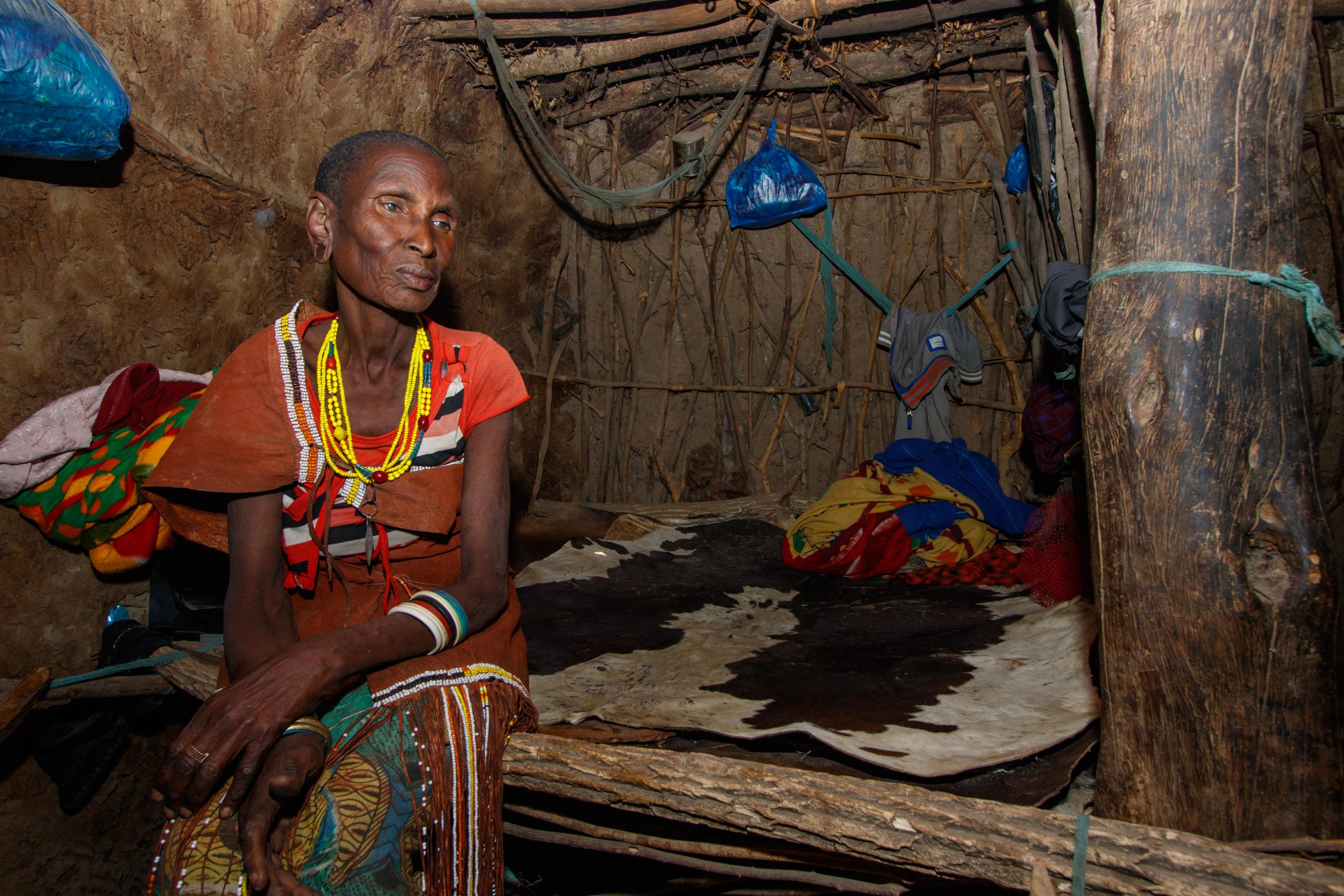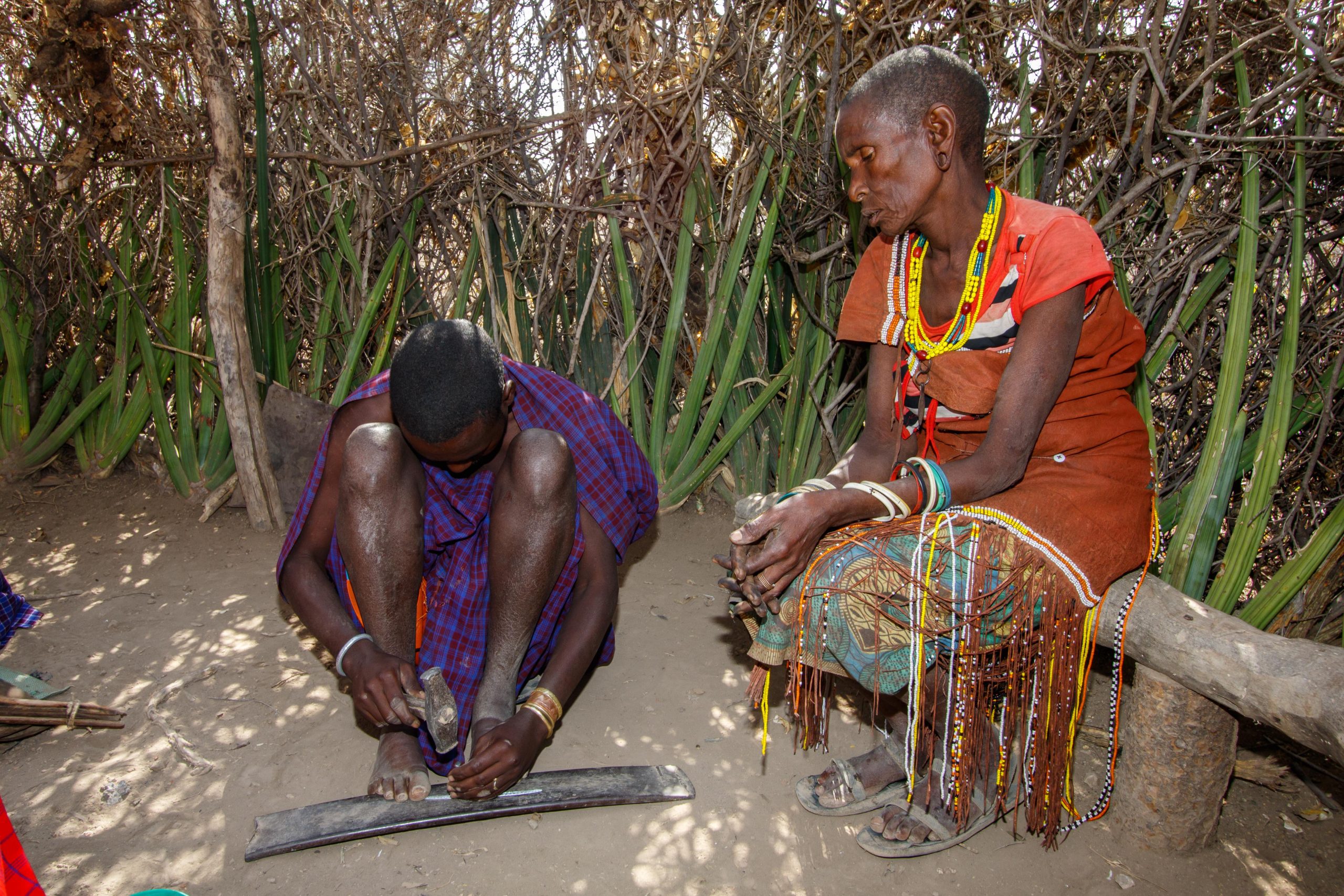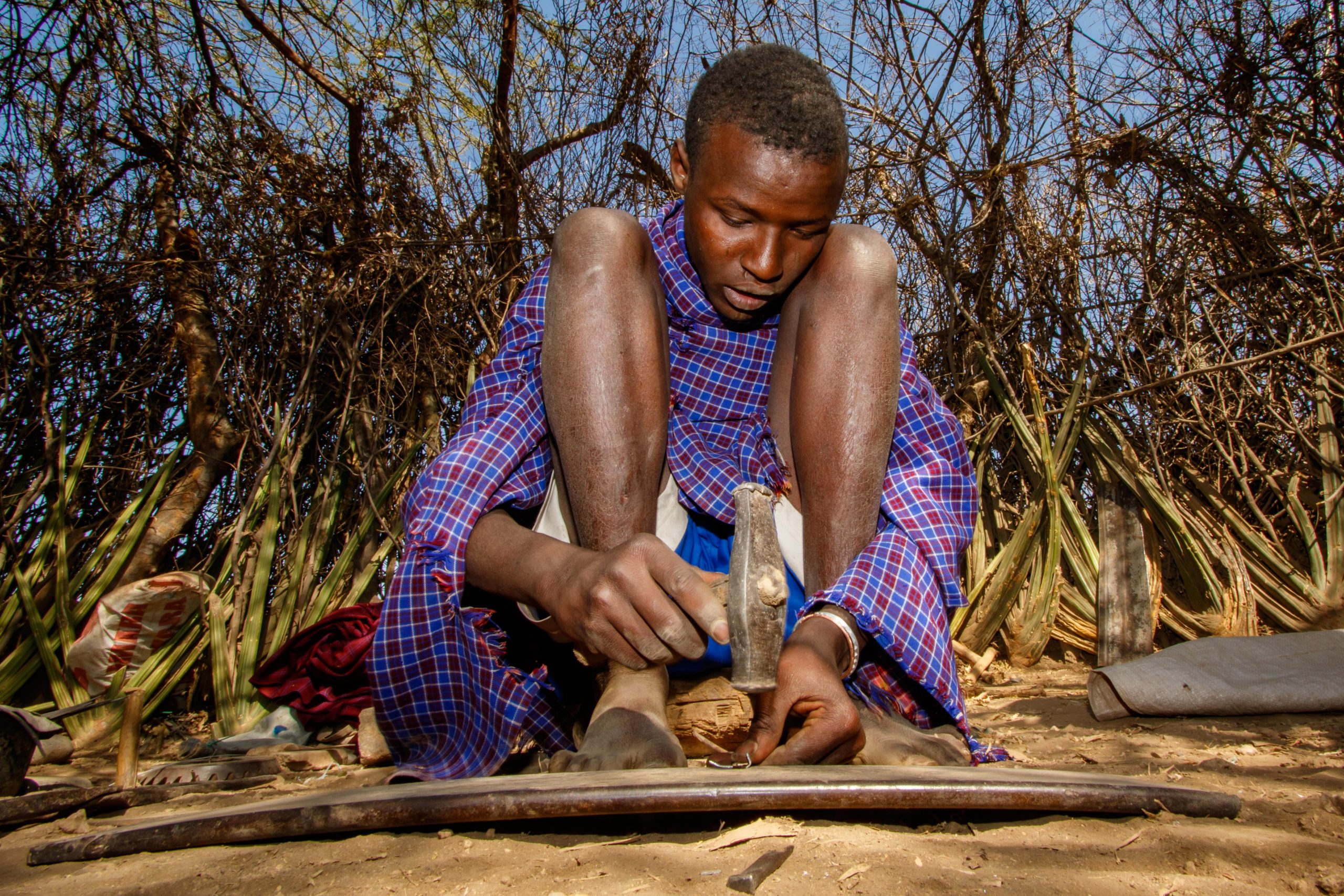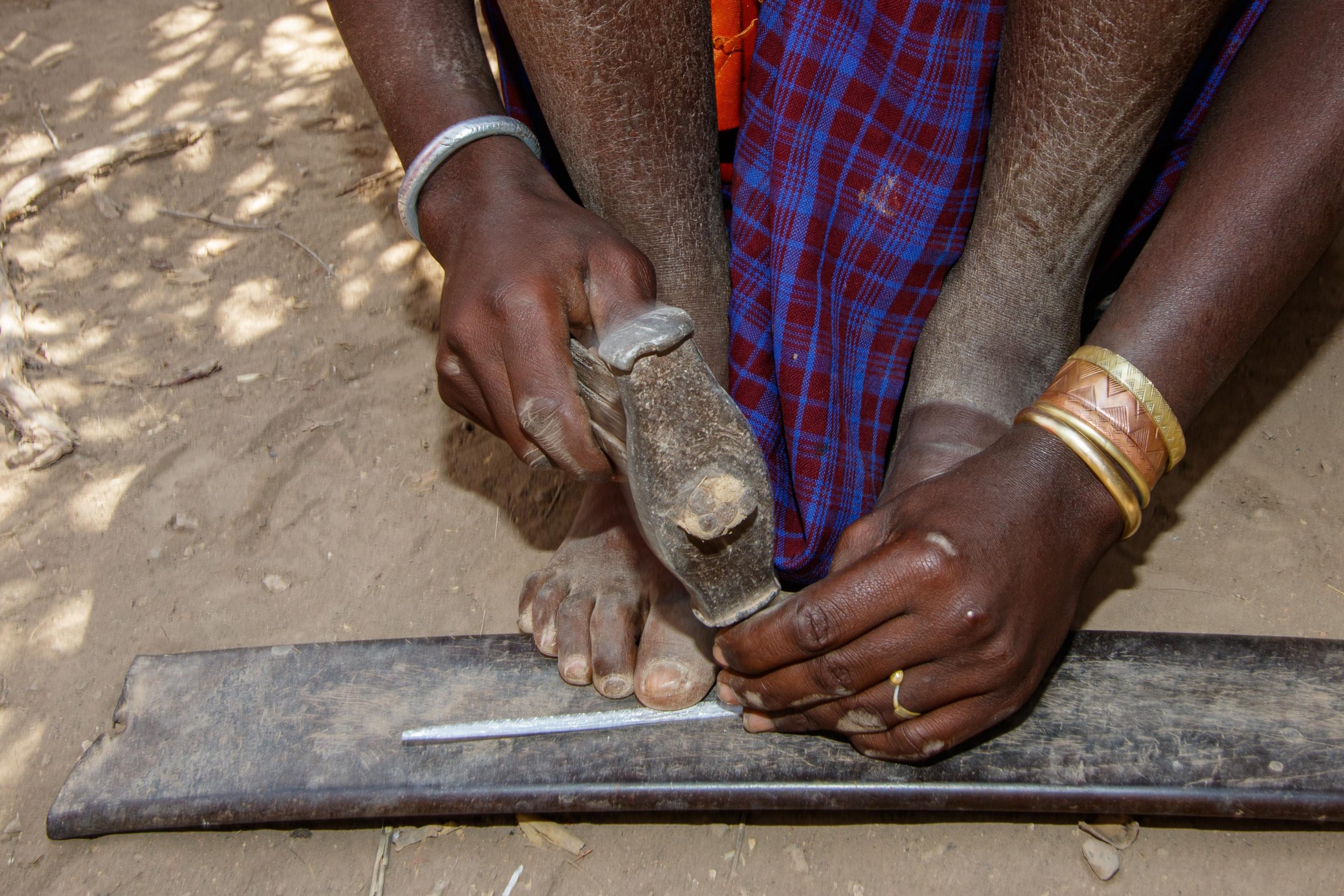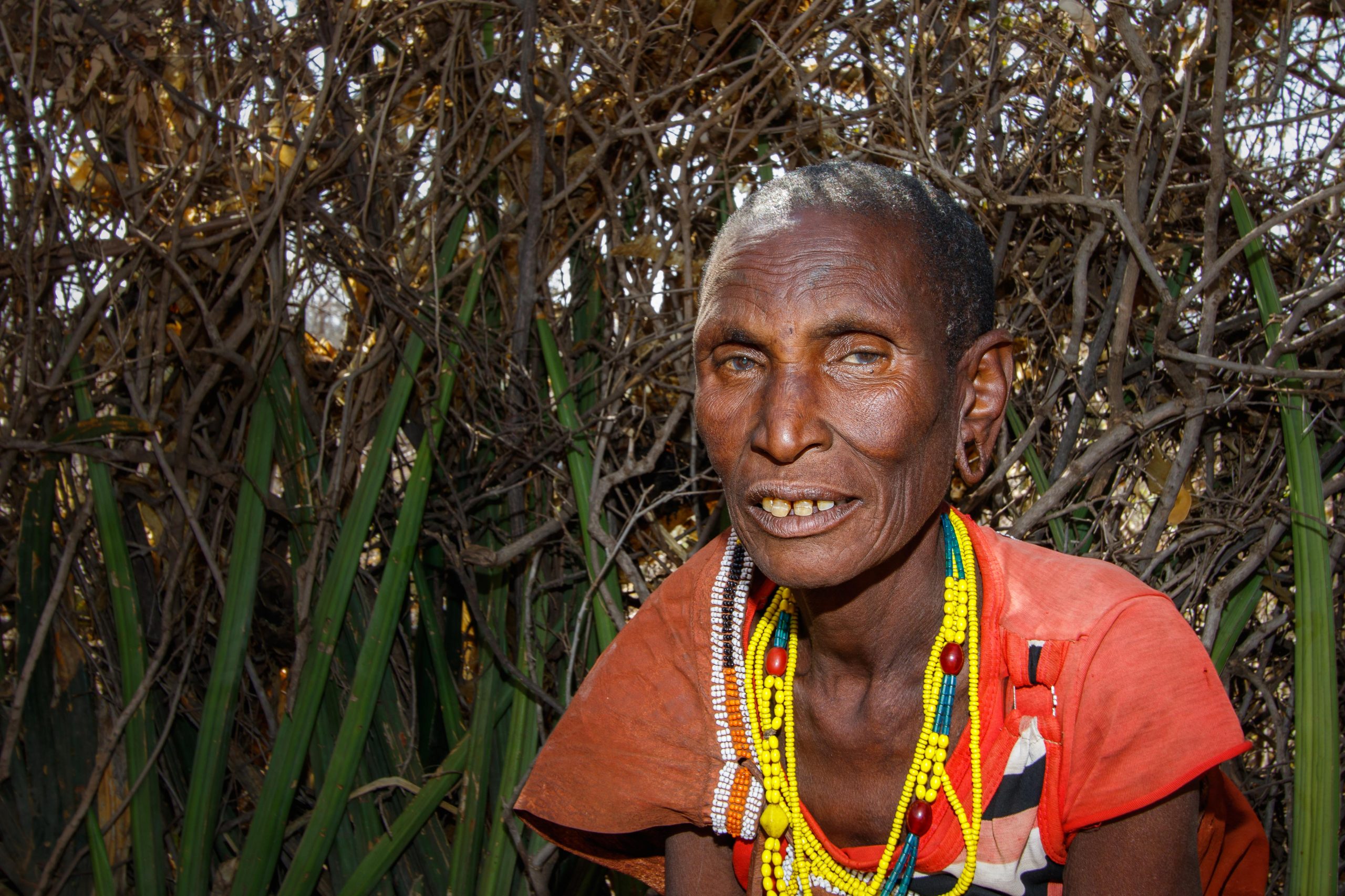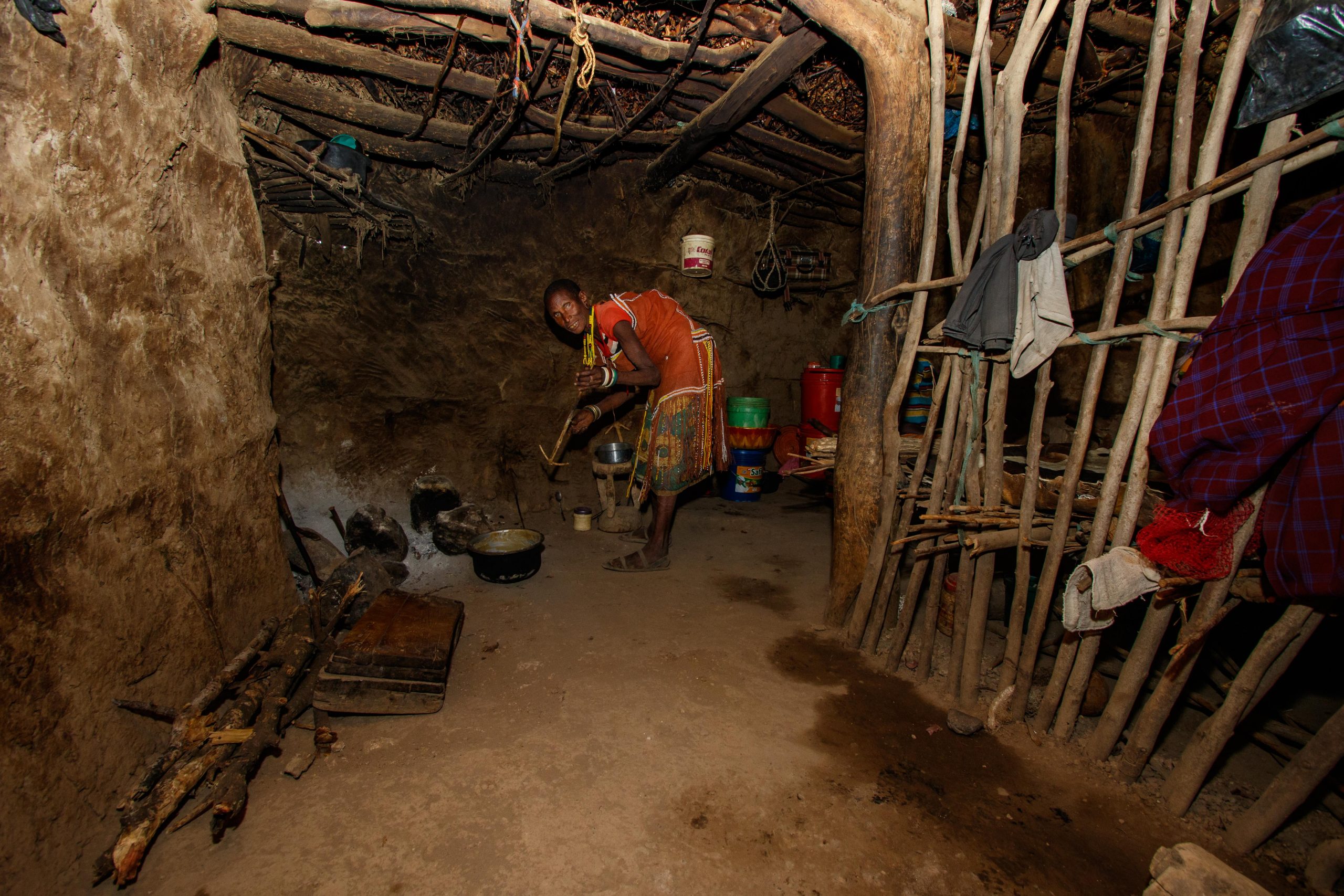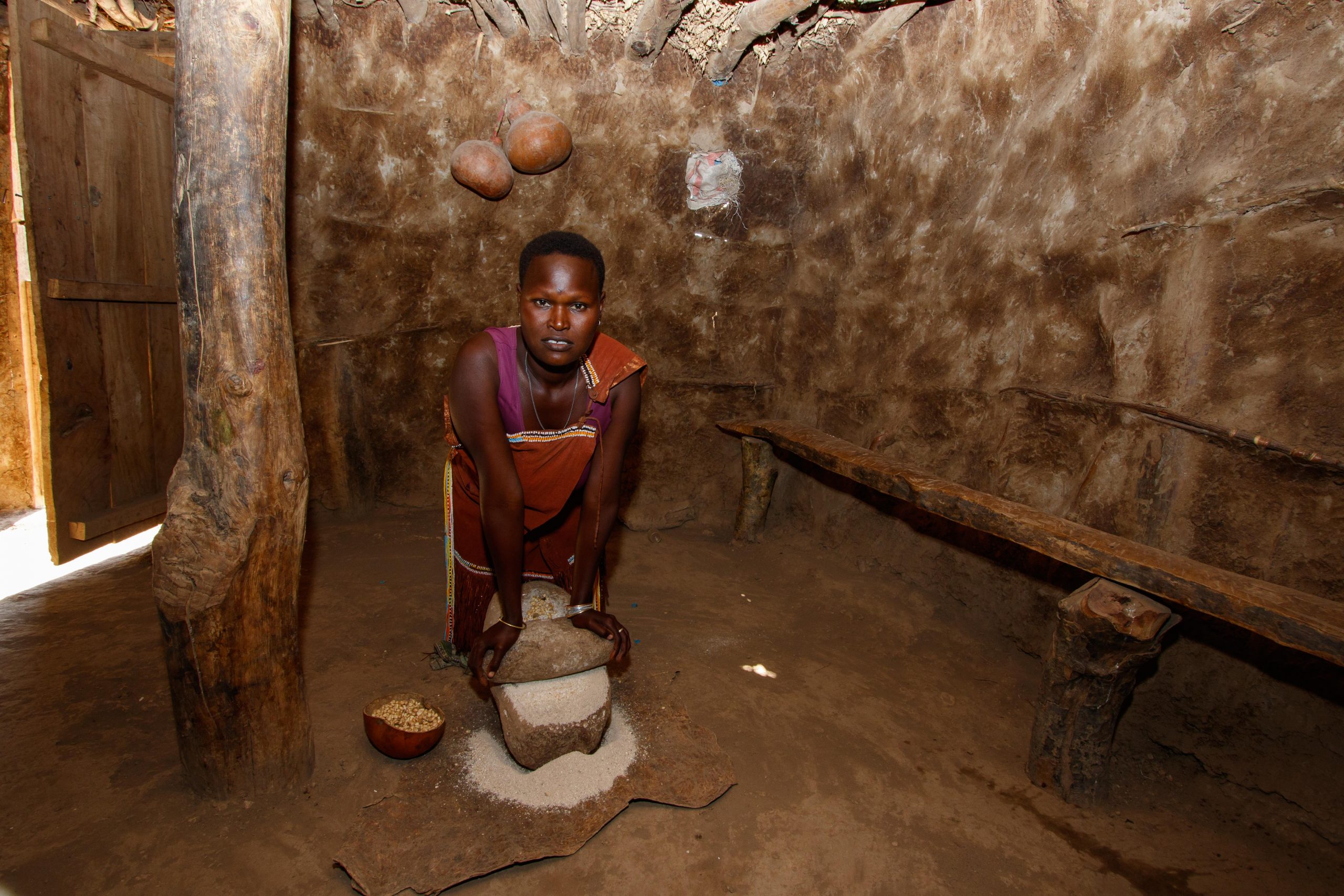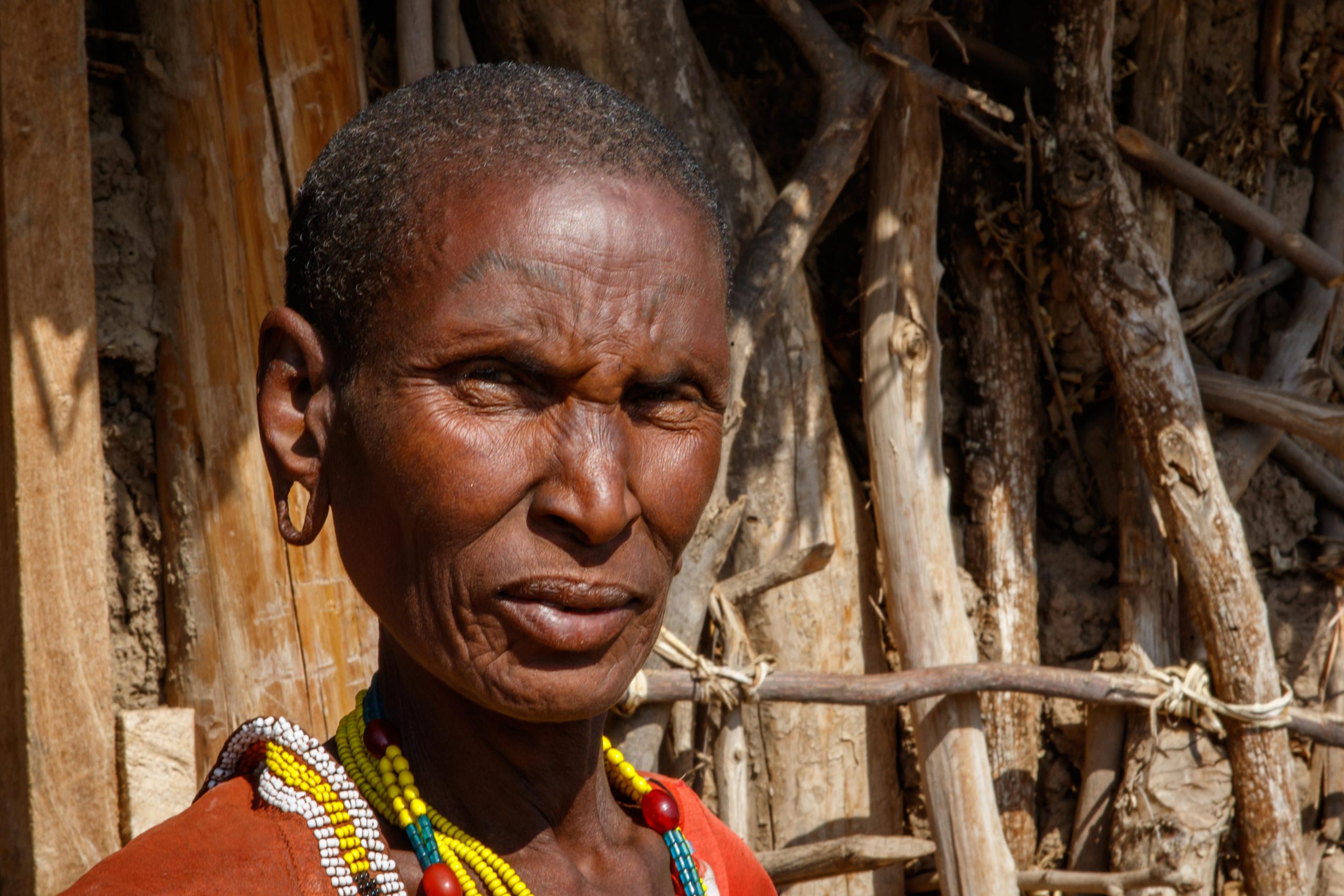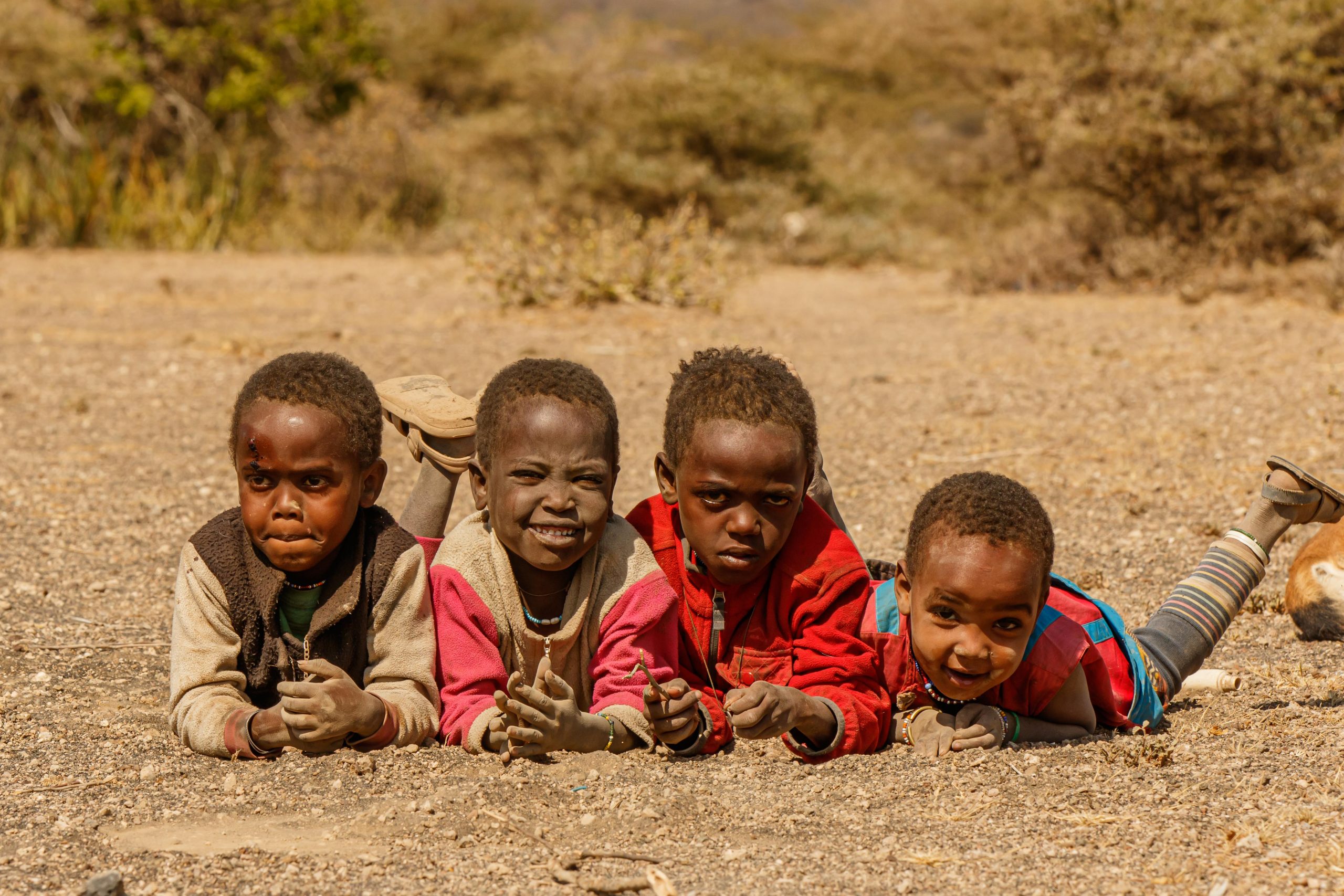The Datoga are a semi-nomadic pastoralist tribe primarily residing in the Manyara Region near Lake Eyasi and the Ngorongoro Highlands in northern Tanzania. Numbering around 100,000 people, the Datoga are known for their cattle herding, metalworking skills, and resilience in adapting to the harsh, arid environments they inhabit. They are often referred to as the “Mang’ati” by neighboring tribes, a term meaning “fierce warrior,” reflecting their proud and independent nature.
Historically, the Datoga are believed to have migrated south from the Ethiopian Highlands several centuries ago. They are closely related to the Nilotic-speaking peoples of East Africa. Today, their society remains deeply rooted in cattle herding, with livestock serving as a measure of wealth, status, and social prestige. Cattle provide milk, meat, and hides, and are central to important cultural ceremonies such as marriages and dowry exchanges.
Datoga people are also skilled blacksmiths and metalworkers, known for crafting tools, jewelry, and arrowheads from scrap metal. These handmade items are highly valued and often traded with neighboring tribes, such as the Hadzabe and Maasai. Their craftsmanship is not only a source of income but also an essential aspect of their cultural identity.
In terms of appearance, Datoga women are easily recognizable by their distinctive beadwork, leather garments, and facial markings created through ritual scarification. These markings are not only seen as beauty symbols but also represent identity, status, and cultural pride.
Women are responsible for household duties, including cooking, caring for children, and maintaining their bomas (traditional homesteads).
The Datoga have a patriarchal society, with men holding decision-making authority. Elders are highly respected, and their wisdom plays a vital role in resolving disputes and guiding the community.
Spirituality is deeply embedded in Datoga culture, with a belief in a supreme god known as “Aseeta.” They also hold deep respect for their ancestors and nature, often performing rituals to seek blessings for rain, fertile land, and healthy livestock.
Despite their strong cultural identity, the Datoga face modern challenges, including land loss due to agricultural expansion, resource competition with neighboring tribes, and pressures from tourism and conservation policies.
Efforts by non-governmental organizations aim to preserve Datoga traditions, promote education, and empower women within their communities. The Datoga remain a proud and resilient people, balancing their rich cultural heritage with the demands of a rapidly changing world. Their traditions, craftsmanship, and deep connection to the land continue to define their identity in Tanzania’s cultural landscape.

